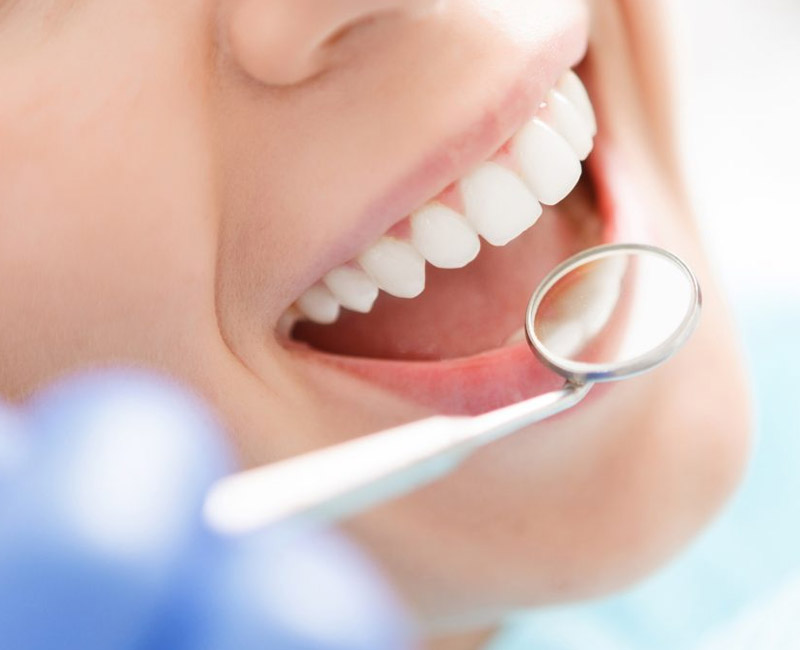What is oral cancer, and its symptoms?
Oral cancer includes cancer of the tongue, gums, lips, cheeks and other areas of the mouth. Usually, it’s identified by sores or lumps in the mouth that do not heal. Oral cancer affects more than twice as many men as women and occurs most often in people over 40.
Symptoms
It’s important to understand the early warning signs of oral cancer. Typically, this can be sores in and around your mouth that don’t heal. This might be a mouth ulcer or another sore spot. It could be a red or white patch in your mouth. You may have difficulty eating or swallowing or notice swelling of your jaws or a lump in your throat. If you wear dentures, you may notice some discomfort.
Be mindful of the following possible symptoms:
- Mouth sores that don’t heal
- Difficulty chewing or swallowing
- Pain in your mouth
- Numbness on your tongue
- Swelling of your jaw
See our dentist in Vancouver or GP as soon as you can if you have any concerns, including any of the symptoms described above.
Causes
There are some recognized common causes of oral cancer. These can include:
- Smoking
- Having a high level of alcohol consumption
- Viral infections such as HPV
- Exposure to the sun
- Eating an impaired diet
Your risk of developing oral cancer increases with age. This type of cancer most often occurs but is not limited to, in people over 40. Maintaining good overall and oral health can help reduce your risk of developing oral cancer. Make sure you eat a balanced and nutritious diet with plenty of vegetables and fruit.

Get prepared
When you book one of our dental practices for a problem in your mouth, you want answers and advice as soon as possible. That’s understandable. It’s useful to think ahead about what your dentist will need to know to diagnose and treat you.
Generally, your dentist will ask you about your medical history and then thoroughly examine your mouth, teeth, gums, jaw, tongue, throat, sinuses, ears, nose and neck. You may also need an x-ray, depending on what your dentist suspects might be the problem.
Your dentist will ask you some questions, such as:
- Do you have any pain?
- How severe is the pain?
- Where do you feel the pain?
- Do you have any mouth sores?
- Do you have any areas in your mouth that you’re worried about?
FAQ
It’s important to detect oral cancer as early as possible. If it’s detected early, treatment has a better chance of success. There are some common symptoms of oral cancer, including mouth sores that don’t heal, pain, difficulty chewing and swallowing, numbness and swelling. See your dentist or GP as soon as possible if you have any concerns.
Treatment of oral cancer depends on the type and stage of the cancer and the patient’s health. Generally, early diagnosis and treatment result in a better outcome. Treatment may include surgery and radiation therapy. Chemotherapy may also be used. Every case is different. Talk to your dentist or doctor as soon as possible if you have any concerns about your oral health.
We get it. For most people who are scared about visiting the dentist, it’s because they’ve had a bad experience in the past. Relax. Our gentle and compassionate dentists understand how you feel. Whether you’re anxious or worried about experiencing more pain or the potential cost of the treatment, the best thing to do is to let us know how you feel. Making sure you feel comfortable is part of our job.
Maintaining good health and oral care can go some way to reducing the risk of developing oral cancer. There are some proactive steps you may want to consider. Quitting smoking and reducing alcohol consumption can help prevent it. Eat a healthy, balanced diet. And see your dentist on a regular basis.

